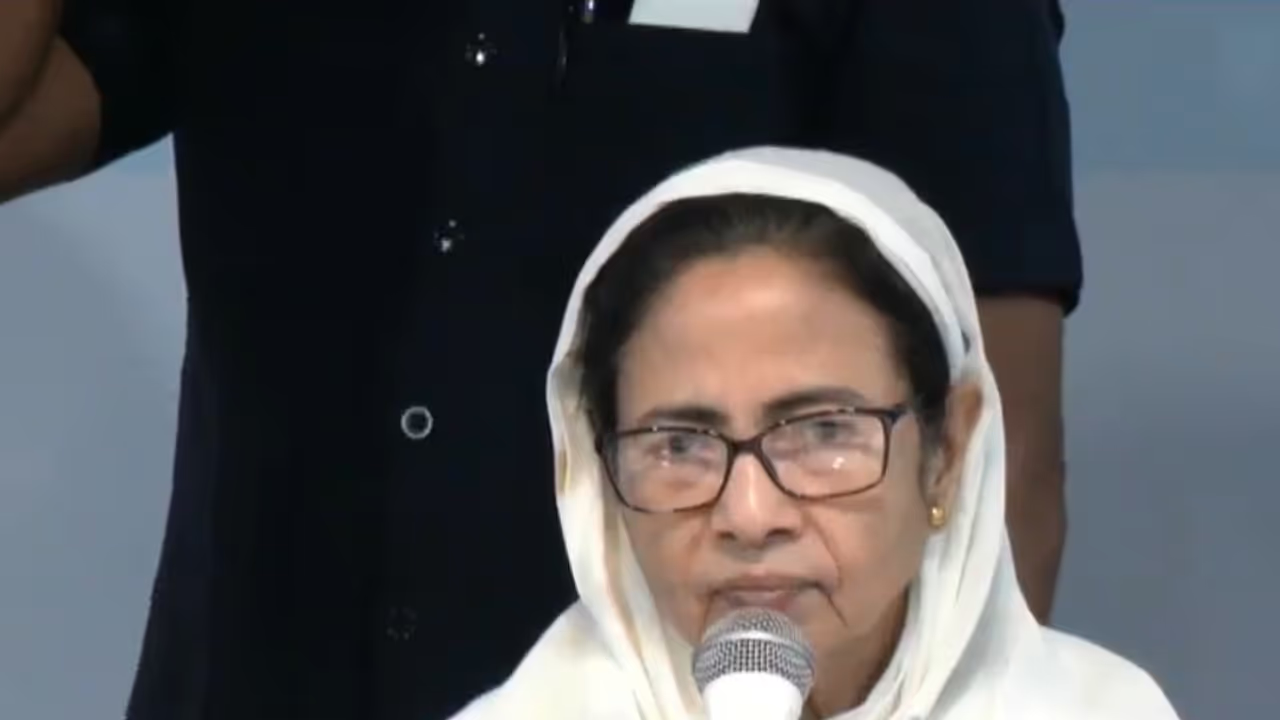Mamata Banerjee reaffirmed her strong opposition to the Waqf Bill, declaring that her government will not implement the legislation in the state. Banerjee accused the Centre of interfering in matters that fall under state jurisdiction.
Amid escalating tensions over the Waqf (Amendment) Act, West Bengal Chief Minister Mamata Banerjee has appealed for peace and restraint across communities. In a recent statement, she urged citizens not to engage in violence or be provoked by political agendas exploiting religious sentiments.

"I appeal to all people of all religions to remain calm and restrained. Do not engage in any unrighteous behavior in the name of religion. Every human life is precious; do not incite riots for the sake of politics," Banerjee stated.
She emphasized that the controversial law was enacted by the central government and reiterated that her administration does not support it. "This law will not be implemented in our state," she affirmed.
Banerjee's remarks come in the wake of violent protests in Murshidabad, where demonstrations against the Waqf Act turned violent, leading to over 110 arrests and the imposition of prohibitory orders.
The Chief Minister has warned that legal action will be taken against those inciting riots and condemned political parties attempting to misuse religion for political gain.
The Waqf (Amendment) Act, passed by Parliament and receiving presidential assent on April 8, introduces significant changes to the management of Muslim charitable endowments.
Critics argue that the amendments, which include increased government oversight and the inclusion of non-Muslims in Waqf boards, infringe upon the rights of the Muslim community and could lead to the seizure of historically significant religious properties lacking formal documentation.
Also read: 'No divide and rule in Bengal': Mamata Banerjee tells Muslims not to be provoked over Waqf Act
Banerjee has consistently opposed the Act, assuring minority communities of protection and pledging that the law will not be executed in West Bengal. Her administration's stance aligns with similar positions taken by other states like Tamil Nadu, where the law's implementation has also been rejected.
As protests continue, the Chief Minister's call for unity and peace seeks to prevent further unrest and maintain communal harmony in the state.
